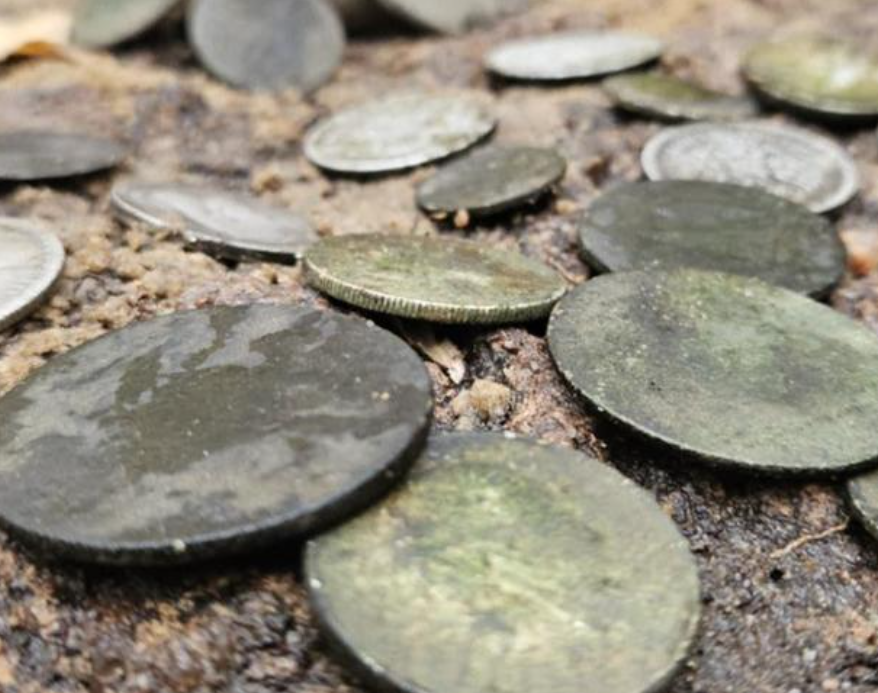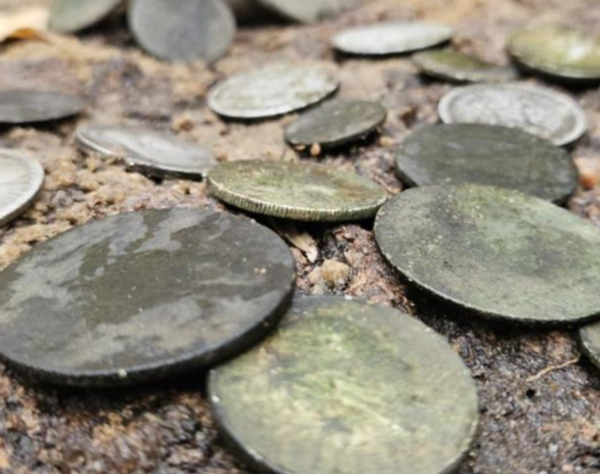#Great #Discoveries #Ancient #Treasures #World #War #Soldiers #Grave #WorthPoint

Image Source: Wdzydze Landscape Park via CBS News.
Archaeologists recently discovered a German World War II soldier’s grave at Poland’s Wdzydze Landscape Park. As these archeologists explored the area around the gravesite, they found ancient ceramic pottery, tools, and coins.
Although the soldier likely died in February 1945, the artifacts near the grave site were in excellent condition, and the soil may have helped preserve them.
Archaeologists indicated that the pottery near the grave may date back to the Neolithic period, i.e., the New Stone Age, which occurred between 10,000 and 2,000 BC.
Meanwhile, the tools near the site may have been produced during the Mesolithic period, i.e., the Middle Stone Age, which occurred between 15,000 and 2,500 BC. Park officials stated that these represent the oldest such tools found in the area.
The coins near the site may be from different points of European history, with some dating back to the Roman and Byzantine empires. The Roman Empire ran from 27 BC to 476 AD, and the Byzantine Empire lasted from 330 to 1453 AD.
Archaeologists also stated that these coins may have been collected by the German soldier. However, it is impossible to be certain who gathered the coins.
CBS News reported that additional excavations are planned at the park to explore the gravesite and the area around it. These could lead to the discovery of artifacts from thousands of years ago.
Over one million ancient coins are listed in the WorthPoint Price Guide.
Dan Kobialka is a self-employed content writer and editor with about a decade of experience. He produces content across a wide range of industries, including antiques, insurance, and real estate. To learn more about Dan, please visit his website.
WorthPoint—Discover. Value. Preserve.




